"In this video, Laura Candler shares how to use a Multiple Intelligences survey she created for upper elementary and middle school students."
Research and publish the best content.
Get Started for FREE
Sign up with Facebook Sign up with X
I don't have a Facebook or a X account
Already have an account: Login
Tech tools that assist all students to be independent learners & teachers to become better teachers
Curated by
Beth Dichter
 Your new post is loading... Your new post is loading...
 Your new post is loading... Your new post is loading...
|

Carolyn Williams's curator insight,
June 2, 2013 5:58 AM
Working in a corporate industry for twenty three years and seeing the rise of operators, school leavers would benefit from 21st technological studies and how that applies to the workplace. |




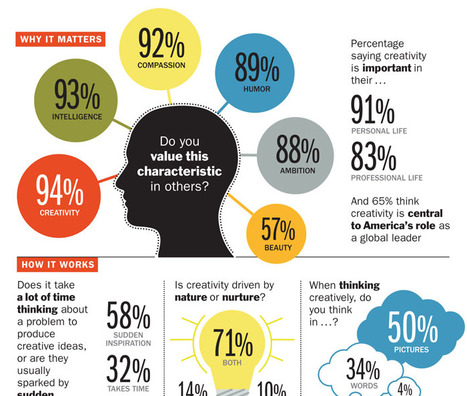
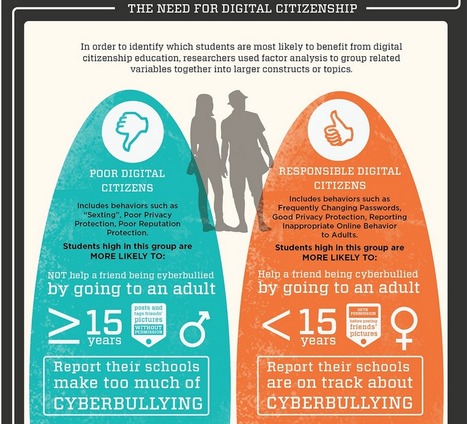


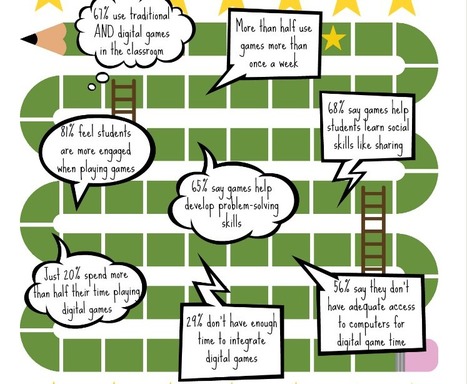

![EdTech: It Isn't Optional, It's Essential [Infographic] | Eclectic Technology | Scoop.it](https://img.scoop.it/k6h7JV63b348nJQapS3vOTl72eJkfbmt4t8yenImKBVvK0kTmF0xjctABnaLJIm9)
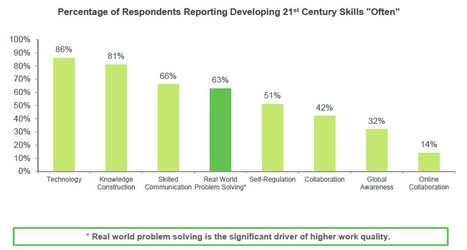

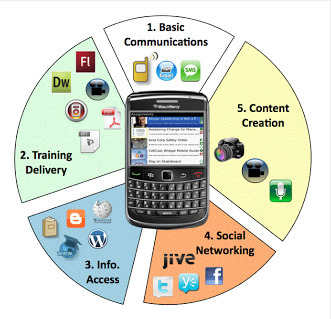







Thanks to Cool Cat Teacher Blog to bringing this video to my attention. If you know about Howard Gardner's multiple intelligences and you would like to introduce them to your students this video will explain how Laura Candler created a survey form for students to fill out (and she provides a copy to you) as well as how to have students score themselves. She clearly states that the survey is not scientific or diagnostic, but it may show students where they have strengths. In addition to the survey you may also access materials from her website to help you teach about multiple intelligences. Here is the link to go directly to her website to print out the survey, but it worth the time to watch the video and hear her explanations.
http://www.lauracandler.com/free/misurvey.pdf